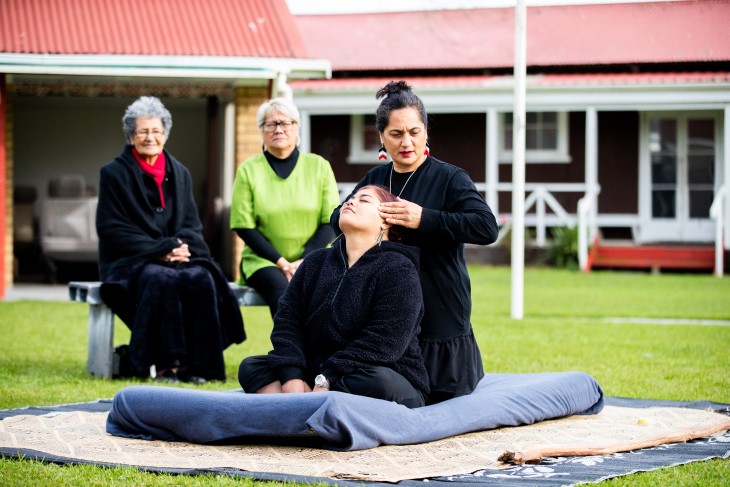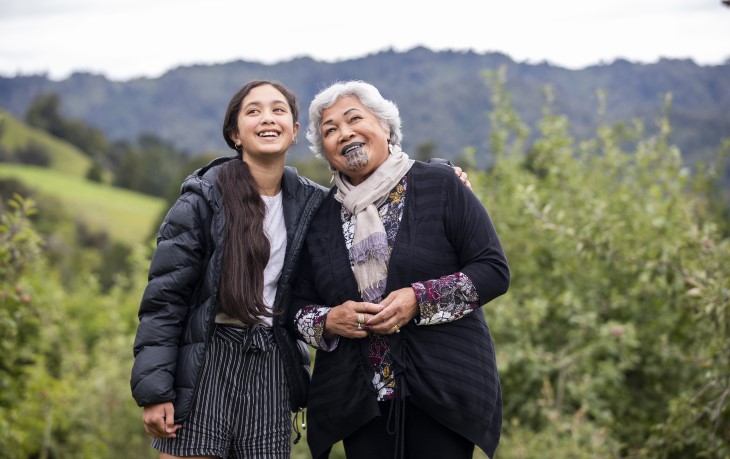Rongoā Māori: A traditional healing choice for all
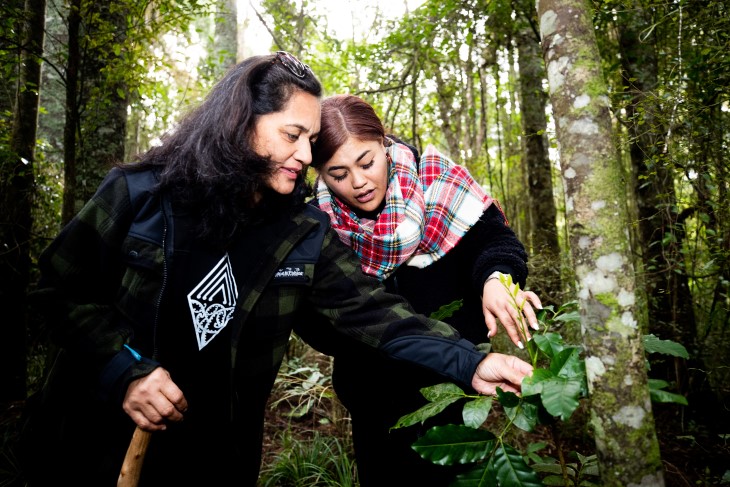
Rongoā practitioner Donna Kerridge and kaitawaenga Anaru Hodges believe health outcomes can be improved through traditional Māori healing methods offered by ACC
For Donna Kerridge, a stroll through the bush isn’t just a chance to unwind and breathe in some fresh air. An expert in traditional rongoā Māori healing, Donna sees the native plants of New Zealand differently to most.
The ‘ngahere’, as the forest is known in te reo Māori, acts as Donna’s medicine cabinet. It provides a treasure trove of ingredients that can serve to heal all manner of ills and injuries.
Chewing a kawakawa leaf for example can ease the pain of toothache while a drink made from the bark of the karamu tree can work wonders for the common cold.
It’s that connection with nature which is at the heart of rongoā, the traditional healing system of Māori which encompasses herbal remedies, physical therapies and spiritual healing.
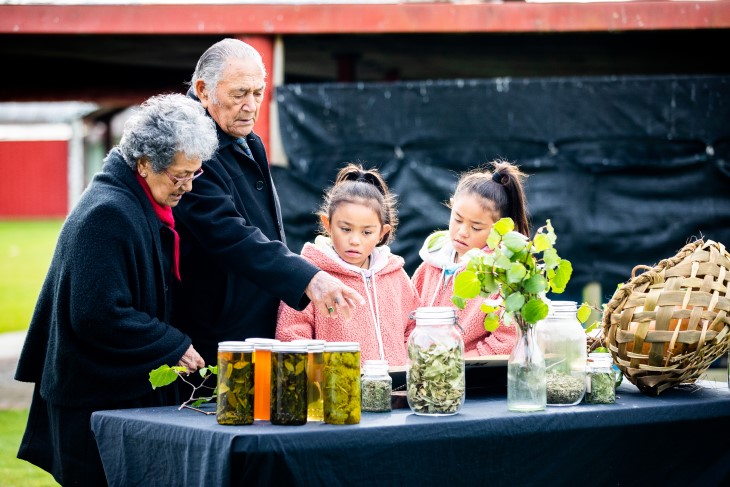
Traditionally, illness was viewed by Māori as a symptom of disharmony with nature. If a person was sick, the tohunga – rongoā Māori expert – would first determine what imbalance had occurred, before the illness could then be treated, both physically and spiritually.
“Rongoā Māori is different from western medicine because we try to ensure that we help position the person to maximise their healing first,” Donna explains.
“So we take care of their mana, their self-esteem and make sure all of those things that help keep them strong and more receptive to healing are in place first and foremost.”
In addition to rakau rongoā (native flora and herbal preparations), rongoā Māori includes a range of different healing methods, such as mirimiri and romiromi (bodywork), whitiwhiti kōrero (support/advice) and karakia (prayer).
Making a positive difference
Anaru Hodges recently used the healing methods provided by the service after hurting his back while gardening.
A kaitawaenga (Māori liaison advisor) for Hawke’s Bay Hospital, Anaru is a passionate advocate for Māori health and believes rongoā has the power to make a positive difference to the lives of all New Zealanders.
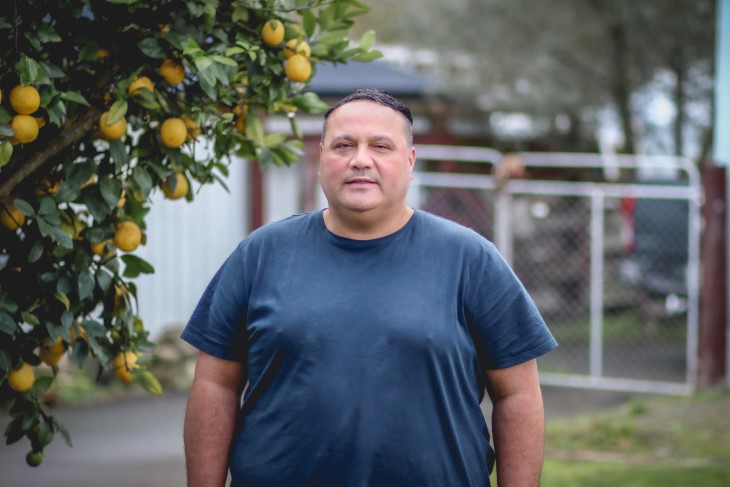
“The initial purpose was to address the lower back injury but she could see that there were other ailments that were affecting my whole taha tinana, my whole physical body and mind.”
Empowered to take control of wellbeing
After struggling with his weight for a number of years, Anaru is now aiming to use the knowledge he has been empowered with to improve his health and wellbeing.
“I’ve realised that I had strayed from my own culture and that I probably need to come back to it. Those things that were harming me weren’t really a part of how our people used to live and how they would take care of themselves,” he says.
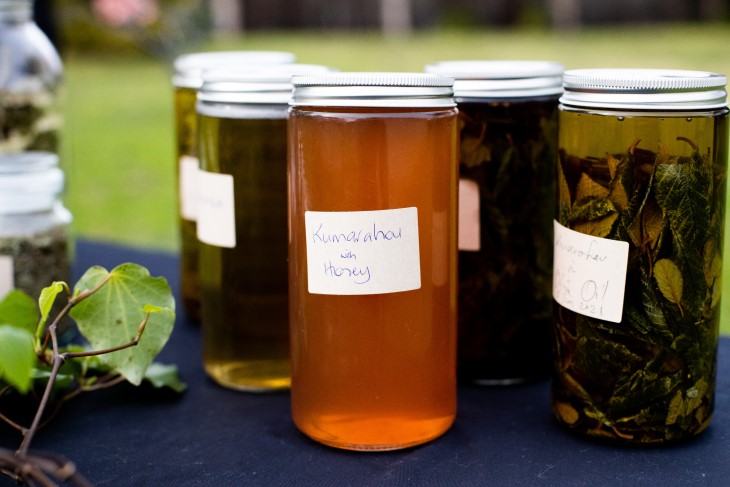
“They had a lot of knowledge and, to a certain extent, scientific methods that showed their holistic approach to wellbeing worked and served them well,” he adds.
“It’s helped me personally because it’s made me more aware of my behaviour, of how to take better care of myself. It’s given me that light bulb moment.”
For the benefit of all
Used by Māori in Aotearoa for centuries, rongoā remains a popular healing option and is offered as a service by ACC.
If we agree to provide you with support for your injury, you can ask us to pay for rongoā Māori as part of your rehabilitation.
Importantly, the service can be requested by people of all ethnicities who feel it can help in their recovery, not just Māori.
“We don’t go, ‘Oh, you’re from England, we can’t work with you’, Donna explains.
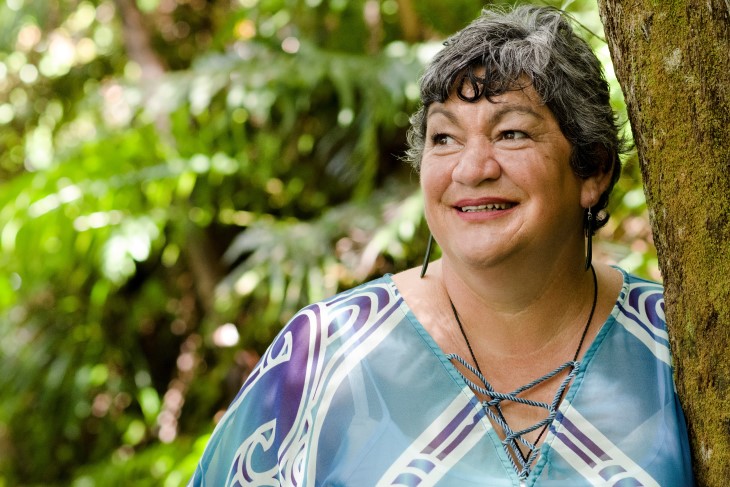
“And ACC is funding this because we know it works, we wouldn’t want to fund it if it didn’t. We’re interested in the long game and ensuring that people heal for the long-term and avoid future or repetitive injuries going forward.”
Improving the future of Māori health
Anaru is excited at the dawn of what he feels is a new era for Māori health in Aotearoa.
“I think we’re encountering a time when there’s a significant shift in awareness and consciousness that there are alternatives to western medicine,” he says.
“I think it’s a real milestone how a government department can acknowledge the importance of this form of therapy. It’s the beginning of something that can lead to positive health outcomes for Māori.”
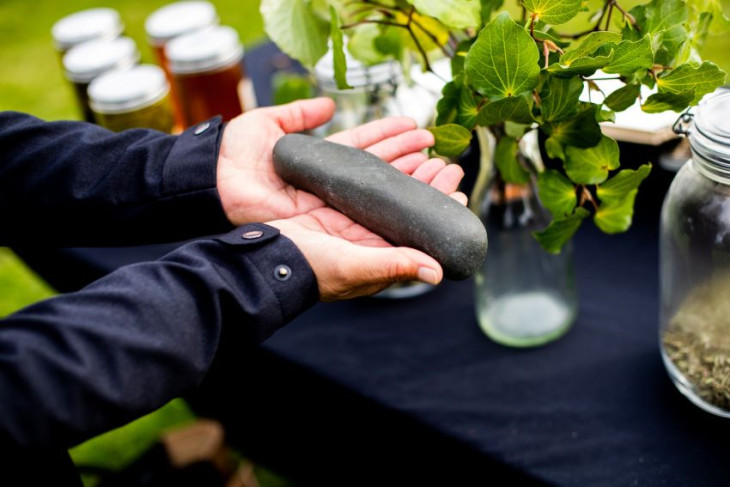
Donna is equally enthused at the prospect of rongoā playing a key role in the health and wellbeing of all New Zealanders.
“I think the western health and healing system is awesome – it’s not better, it’s not worse,” she says.
“But the more we bring to the table, the more choice the people we serve will have. I think all people in Aotearoa are richer for the choice. Offering more choice can only strengthen their recovery.”
ACC and rongoā Māori
- Our data shows that Māori are more likely to sustain a serious, life-changing injury but are less likely to access ACC services
- The data tells us Māori are 25% less likely to make a claim with us than non-Māori
- As of at the end of August 2021, we had approved rongoā Māori for around 1,200 claims and funded nearly 7,245 sessions
- One in four of those clients hadn’t previously received other forms of ACC care or treatment before benefitting from rongoā
- Rongoā Māori is available to clients on request and can be used as standalone care or in conjunction with other treatment
- There are around 100 ACC-registered rongoā Māori practitioners in New Zealand, from Te Araroa to Dunedin
More information
More information for clients and practitioners on rongoā Māori is available on the ACC website.



